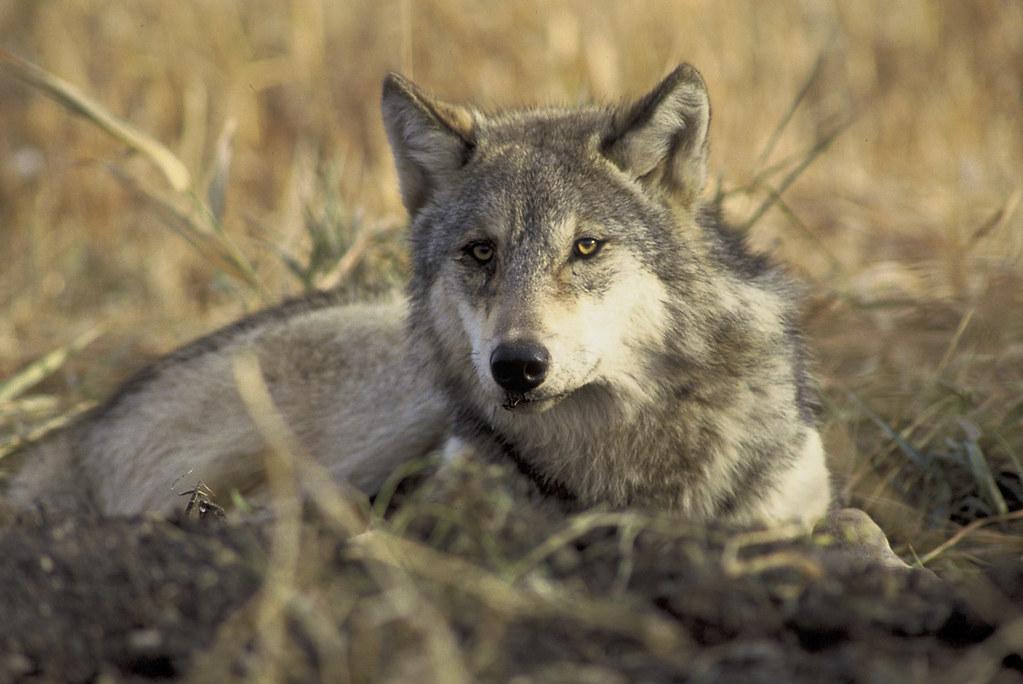A public comment submitted to the U.S. Fish and Wildlife Service on the proposed establishment of a nonessential experimental population of gray wolves in Colorado.
Main Points
- Regulations governing reintroduced species should ensure that surrounding states and landowners are not penalized and, instead, seek to make the species an asset rather than liability
- To address wolves naturally dispersing, the service should consider revising the Northern Rocky Mountain distinct population segment to include Colorado
- Management flexibilities for the reintroduced population should not be limited to Colorado but should include any states to which the population may expand
- Rather than issuing a broad 4(d) rule with few exceptions, the Service should allow Colorado and other states’ flexibility to adapt their management strategies as new information and conflicts arise
Introduction
PERC supports proactive conservation efforts to recover species, especially where they avoid counterproductive regulatory conflict. In carrying out reintroductions, PERC urges the Service to ensure that states, tribes, and landowners are not penalized for their cooperation and accommodation of wolves. Instead, the Service should seek to make the species an asset rather than a liability for the communities that live with it. This comment identifies several options for the Service to achieve this critical goal, avoid some potential legal pitfalls in the proposal, and improve the likelihood that the population contributes to the gray wolf’s continued recovery in the continental United States.




